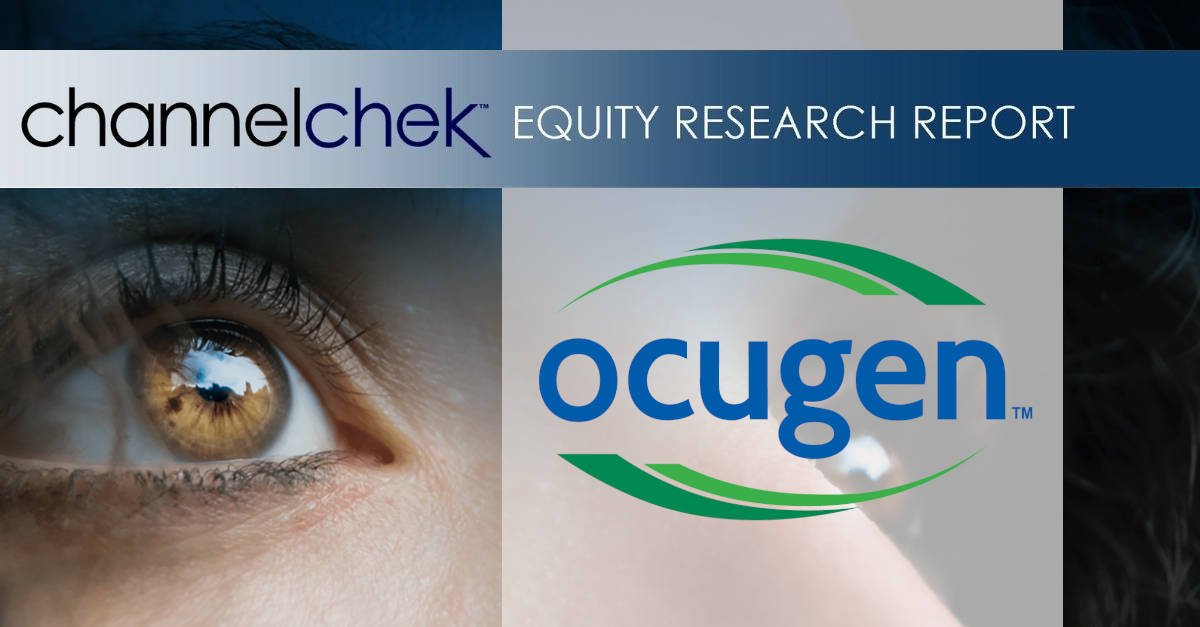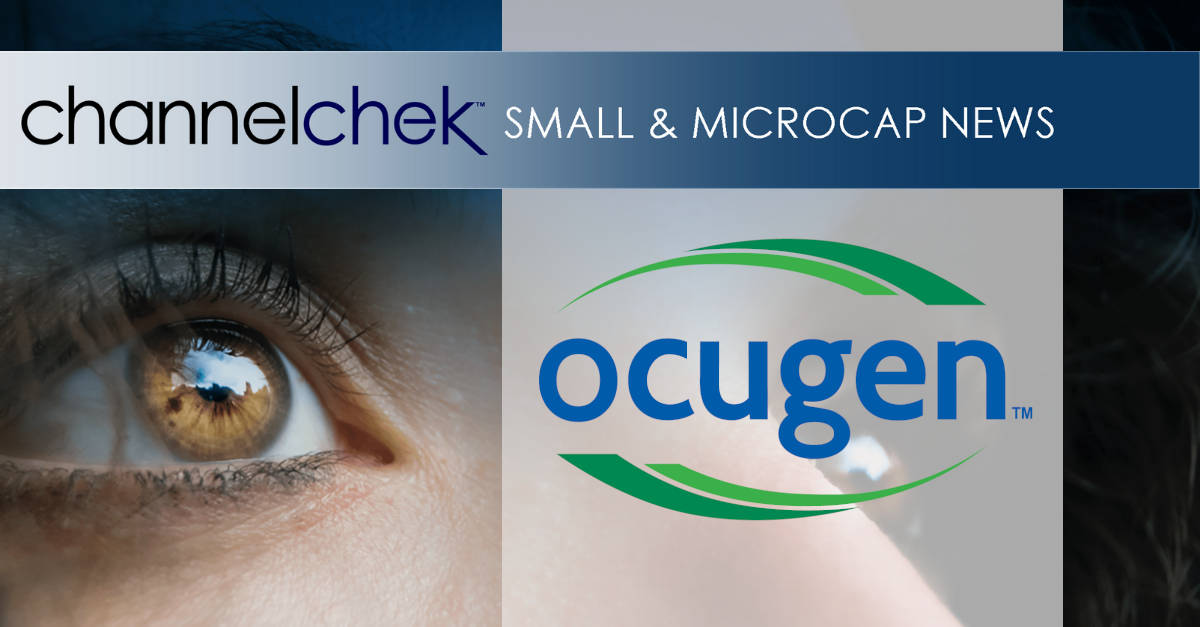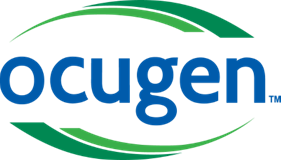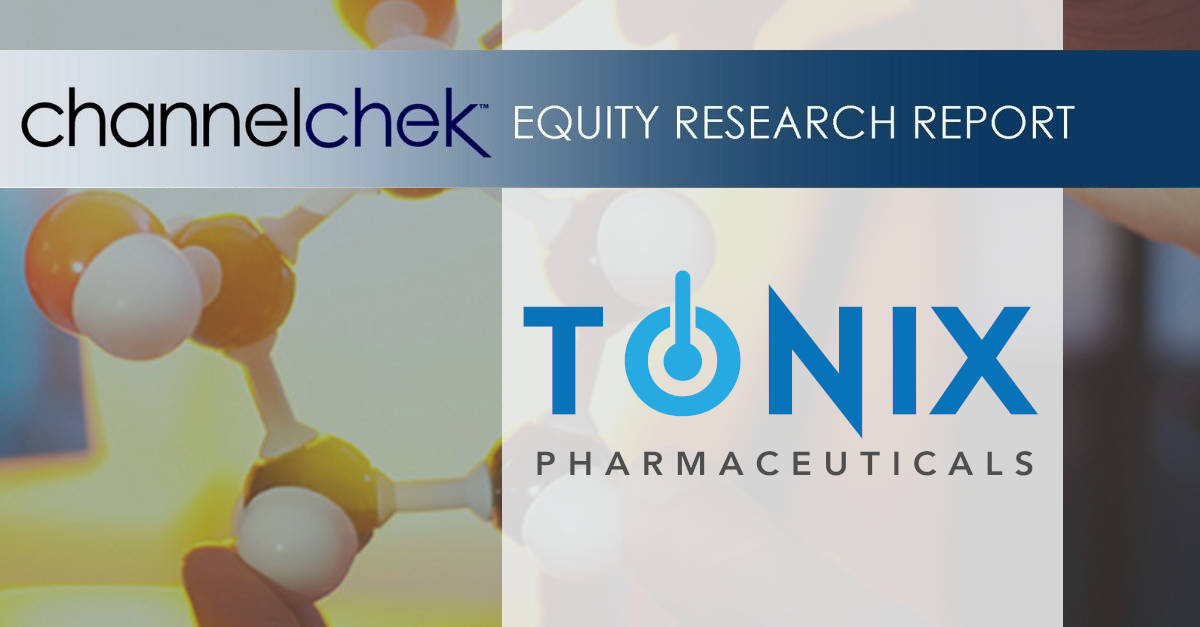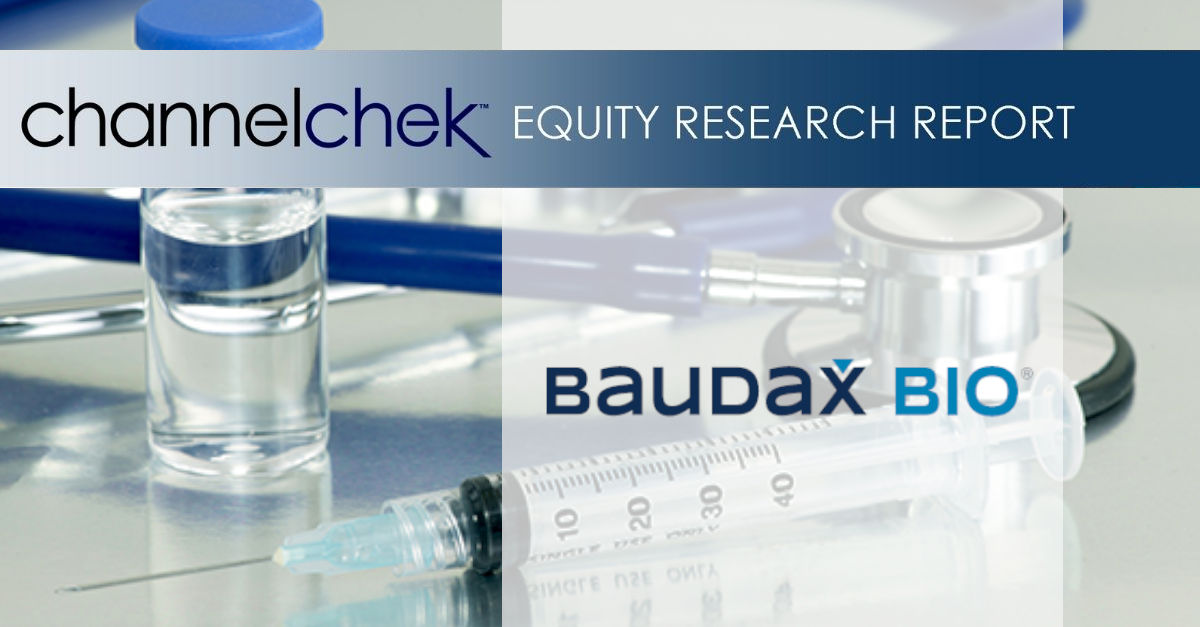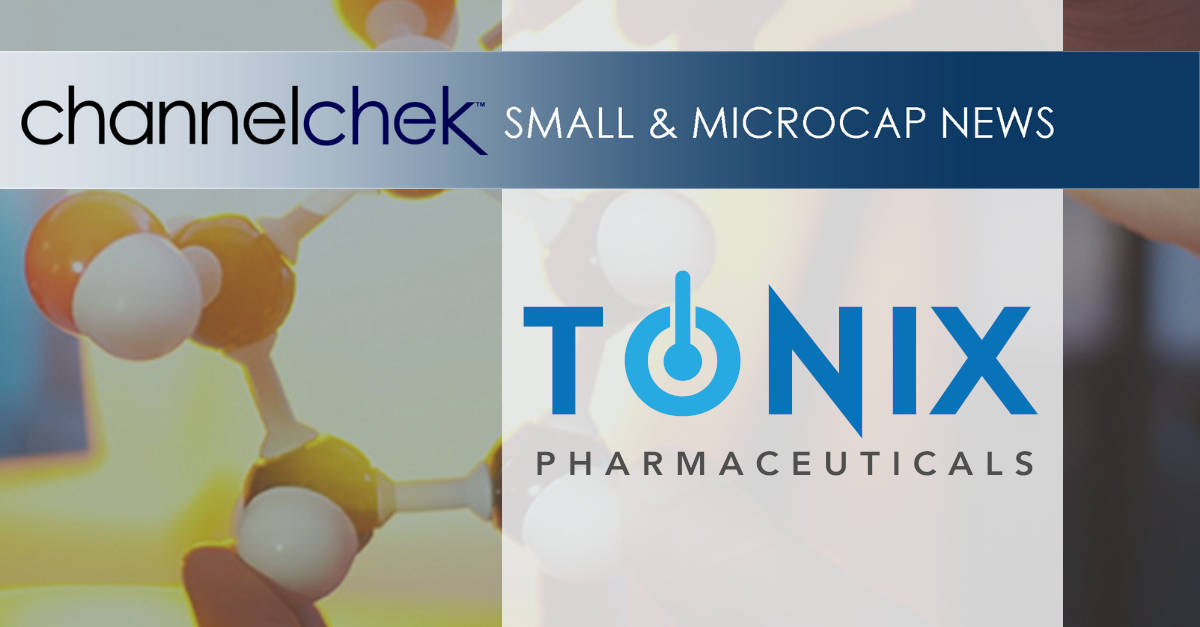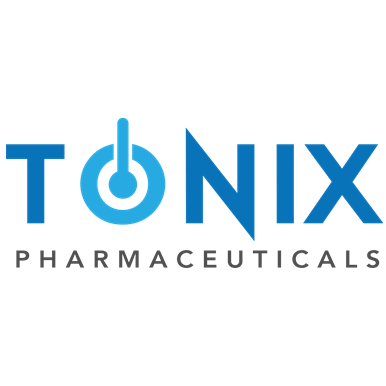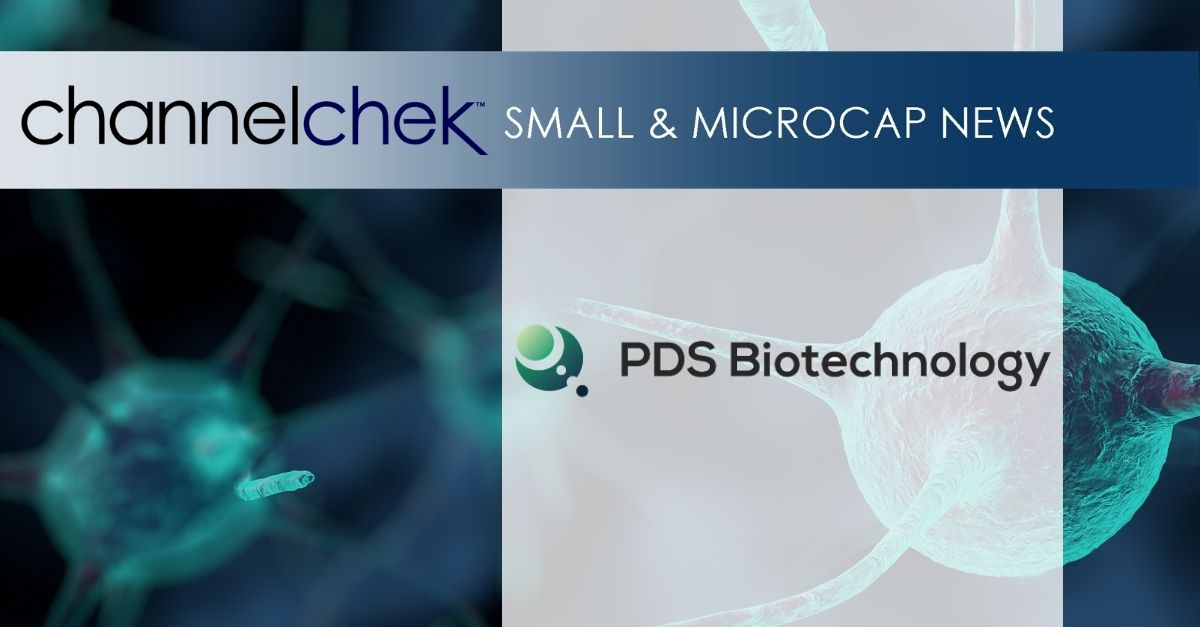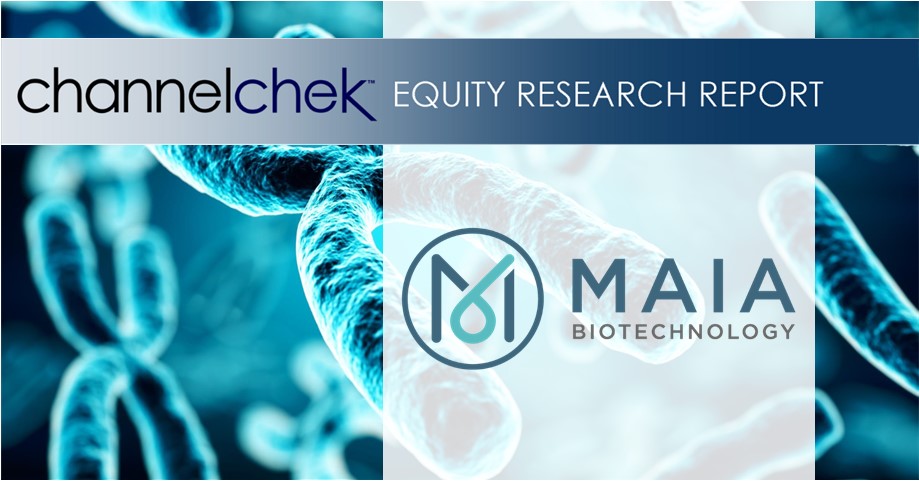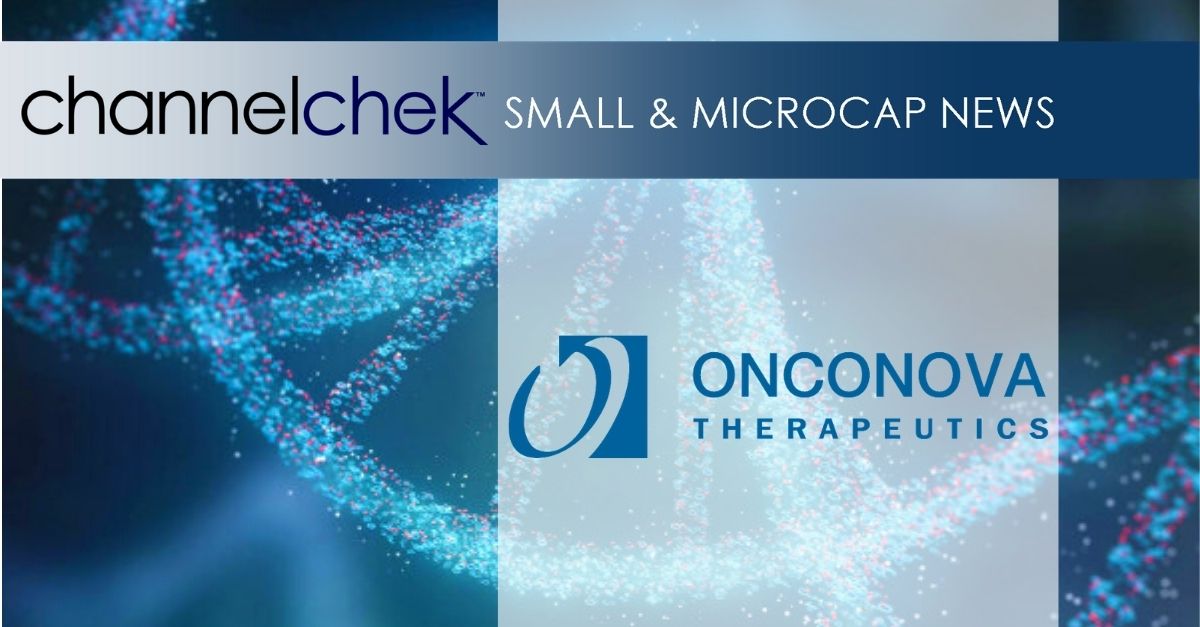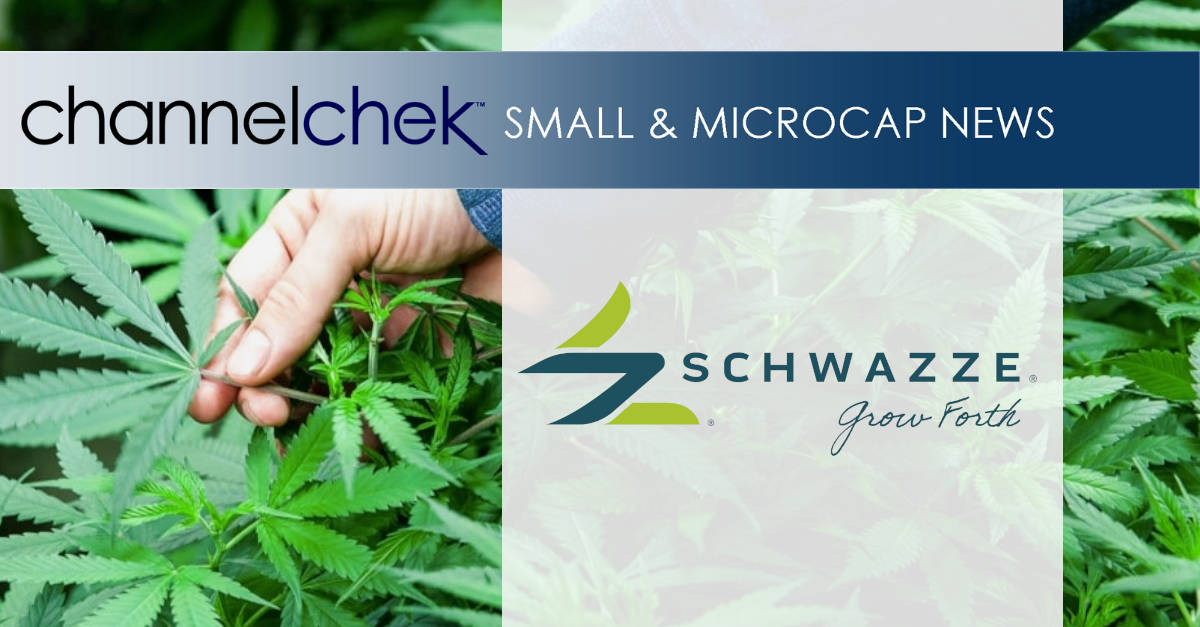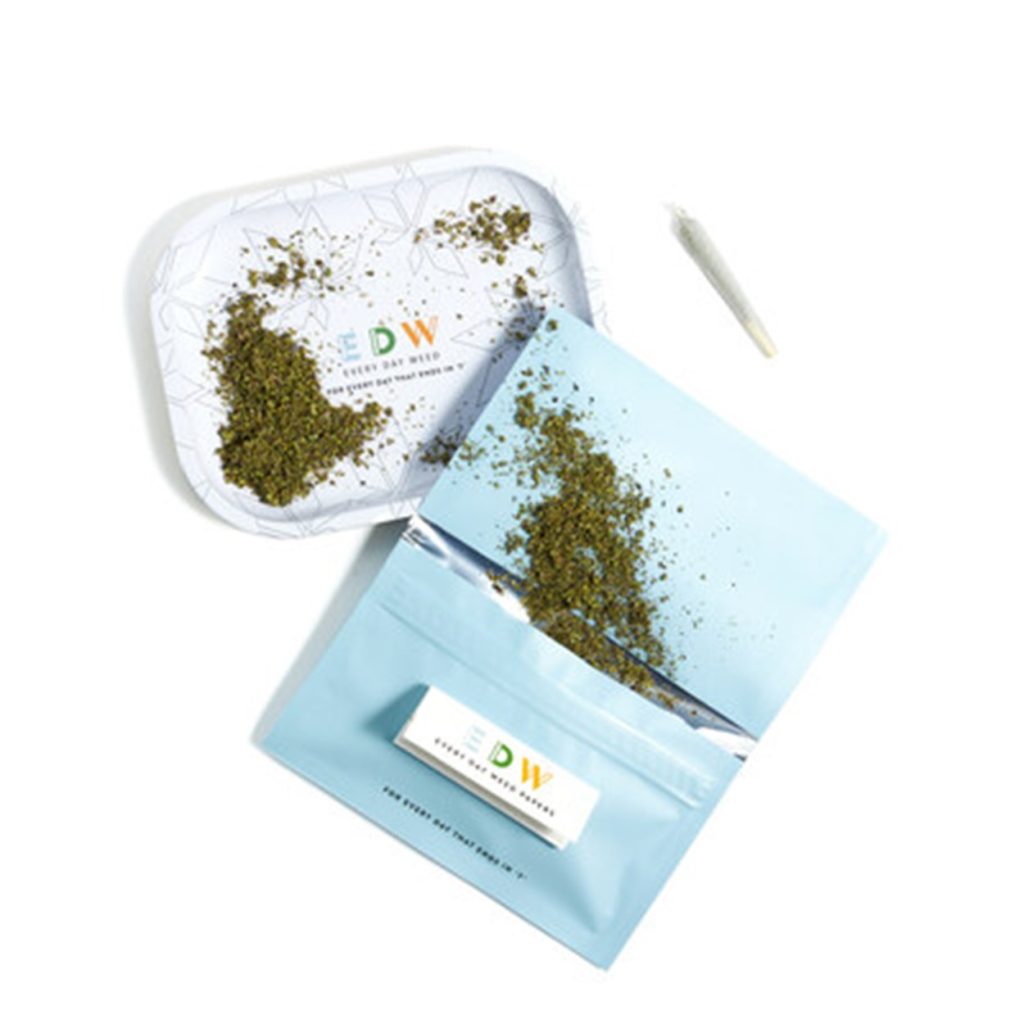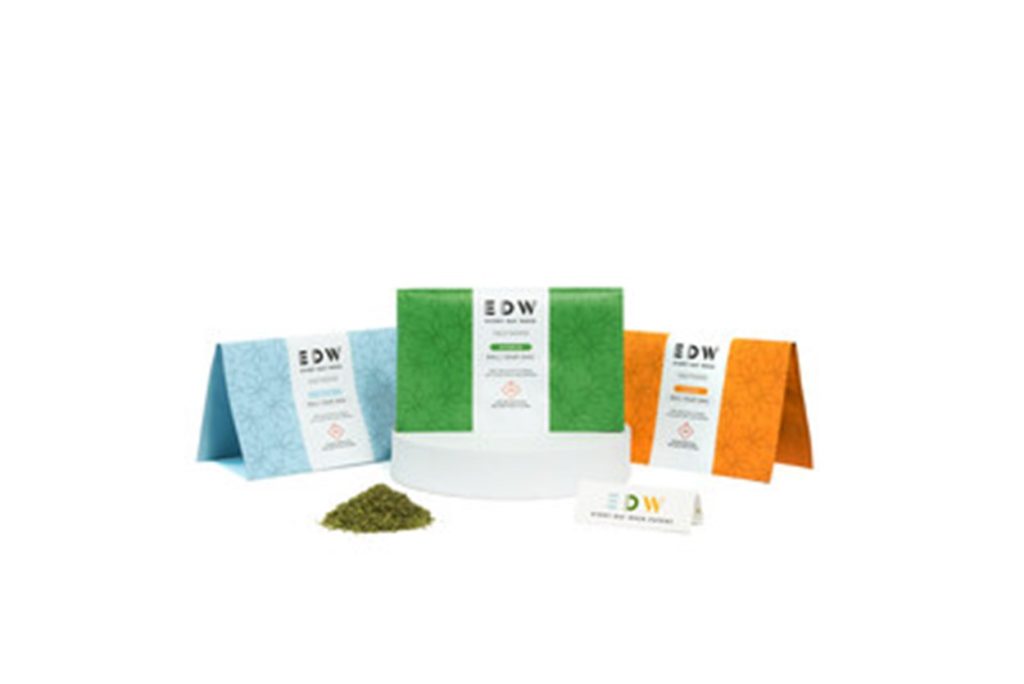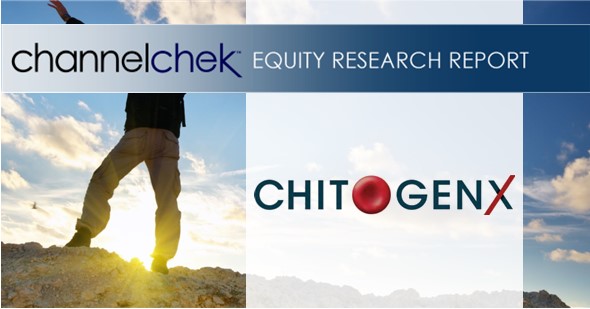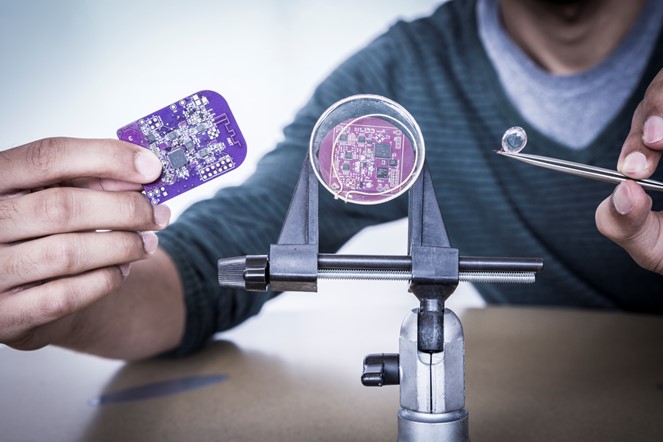Research News and Market Data on OCGN
- Favorable safety and tolerability profile related to OCU400 investigational product candidate
- Initial clinical data from low and medium dose cohorts indicates positive trend in Multi-luminance mobility testing and Best-Corrected Visual Acuity scores for OCU400 treated eyes
- 71.4% (5/7) of OCU400 treated eyes in low and medium dose cohorts experienced at least 1 Lux luminance level improvement in mobility test from baseline
- 66.7% (2/3) of OCU400 treated eyes in low dose cohorts at 9-month follow-up experienced at least 2 Lux luminance level improvement in mobility test from baseline
- Ocugen believes these preliminary data supports potential of modifier gene therapy platform in gene-agnostic treatment of complex and heterogenous inherited genetic diseases
MALVERN, Pa., April 14, 2023 (GLOBE NEWSWIRE) — Ocugen, Inc. (Ocugen or the Company) (NASDAQ: OCGN), a biotechnology company focused on discovering, developing, and commercializing novel gene and cell therapies, biologics, and vaccines, today announced positive preliminary data among retinitis pigmentosa (RP) participants treated in the first two cohorts of the Phase 1/2 trial to assess the safety and efficacy of OCU400 for RP associated with NR2E3 and Rhodopsin (RHO) mutations and Leber Congenital Amaurosis (LCA) with mutation(s) in the CEP290 gene. These preliminary results provide support that OCU400, Ocugen’s first-in-class therapeutic approach utilizing a proprietary modifier gene therapy platform, has the potential to be a gene-agnostic therapeutic for RP and LCA patients with inherited retinal degeneration.
“It is very gratifying to see these positive preliminary results from our novel modifier gene therapy approach,” said Dr. Shankar Musunuri, Chairman, Chief Executive Officer, and Co-Founder of Ocugen. “This is the first clinical validation of the platform where patient responses across various genetic mutations support that OCU400 has the potential to transform the lives of many patients who are struggling with debilitating blindness diseases.”
This Phase 1/2 trial is a multicenter, open-label, dose ranging study. A total of 18 RP subjects have been enrolled in this study—10 subjects in the dose escalation and 8 subjects in the expansion phase, respectively. The age of subjects enrolled to date ranges from 18-77 years across RHO and NR2E3 gene mutations. We further expanded this Phase1/2 trial to enroll LCA patients with CEP290 gene mutation and pediatric patients with NR2E3, RHO and CEP290 mutations.
In Cohort 1 and 2 of the clinical trial, 7 participants with severe vision impairment due to RP associated with RHO and NR2E3 gene mutations received a unilateral subretinal injection of either a low dose (1.66 x 1010 vg/mL) or medium dose (3.33 x 1010 vg/mL) OCU400, respectively. In the preliminary data analysis, 9-month follow-up data for 3 subjects [Cohort 1], and 6-month follow-up data for 4 subjects [N=1 from Cohort 1 and N=3 from Cohort 2] were evaluated.
Results showed a favorable safety profile and visual improvements after treatment with OCU400 as measured by multi-luminance mobility testing (MLMT) and best corrected visual acuity assessment (BCVA).
Key efficacy outcomes from 7 subjects demonstrated:
- 100% of treated eyes showed a stable or improved MLMT score trend;
- 5 of 7 (71.4%) OCU400 treated eyes demonstrated a 1 or more Lux level improvement in MLMT score compared to 28.6 % of untreated eyes;
- 66.7% (2 of 3) of OCU400 treated eyes in Cohort 1 with 9-month follow-up demonstrated a 2 or more Lux level improvement in MLMT score compared to none of the untreated eyes; and
- 3 of 7 (42.9%) OCU400 treated eyes demonstrated 8-11 letters of improvement in BCVA score compared to none of the untreated eyes.
“I was not expecting such substantial improvements in visual function among the trial participants I have been working with because of the advanced stage of their retinal disease,” said David Birch, PhD, Scientific Director, Retina Foundation of the Southwest, principal investigator of the study. “I am very pleased by the outcomes I have seen in my own clinic and am hopeful that OCU400 could provide a therapeutic solution for RP patients who are not only facing loss of vision, but also challenged with the psychological burden of losing their independence.”
“The early results from patients treated in the Phase 1/2 clinical trial are encouraging and support the paradigm-changing potential of modifier gene therapy technology to address unmet medical needs for patients with RP and LCA,” said Arun Upadhyay, PhD, Chief Scientific Officer and Head of Research, Development and Medical at Ocugen. “With this favorable safety profile and positive trend in efficacy signals, we are very eager to see longer-term data, and to potentially initiate Phase 3 trials in the U.S. and EU.”
Ocugen will continue to monitor long-term safety and efficacy data from the treated patients, and advance development of OCU400 to bring a potential treatment option to RP and LCA patients.
CanSinoBIO, Ocugen’s strategic partner, provided all CMC development and clinical supplies for the Phase 1/2 trial of OCU400.
A webcast and conference call will take place today at 8 a.m. ET:
Dial-in Numbers: (800) 715-9871 for U.S. callers and (646) 307-1963 for international callers
Conference ID: 4898155
Webcast: Available on the events section of the Ocugen investor site
About Modifier Gene Therapy
Modifier gene therapy is designed to fulfill unmet medical needs related to retinal diseases, including IRDs, such as RP, LCA, and Stargardt disease, as well as dry AMD. Our modifier gene therapy platform is based on the use of NHRs, master gene regulators, which have the potential to restore homeostasis — the basic biological processes in the retina. Unlike single-gene replacement therapies, which only target one genetic mutation, we believe that our modifier gene therapy platform, through its use of NHRs, represents a novel approach that has the potential to address multiple retinal diseases caused by mutations in multiple genes with one product, and to address complex diseases that are potentially caused by imbalances in multiple gene networks. Currently Ocugen has three modifier gene therapy programs OCU400 (RP, LCA), OCU410 (dry AMD), OCU410ST (Stargardt disease).
About OCU400
OCU400 is the Company’s gene-agnostic modifier gene therapy product based on NHR gene, NR2E3. NR2E3 regulates diverse physiological functions within the retina—such as photoreceptor development and maintenance, metabolism, phototransduction, inflammation and cell survival networks. Through its drive functionality, OCU400 resets altered/affected cellular gene-networks and establishes homeostasis—a state of balance, which has potential to improve retinal health and function in patients with inherited retinal diseases.
About Ocugen, Inc.
Ocugen, Inc. is a biotechnology company focused on discovering, developing, and commercializing novel gene and cell therapies, biologics, and vaccines that improve health and offer hope for patients across the globe. We are making an impact on patients’ lives through courageous innovation—forging new scientific paths that harness our unique intellectual and human capital. Our breakthrough modifier gene therapy platform has the potential to treat multiple retinal diseases with a single product, and we are advancing research in infectious diseases to support public health and orthopedic diseases to address unmet medical needs. Discover more at www.ocugen.com and follow us on Twitter and LinkedIn.
Cautionary Note on Forward-Looking Statements
This press release contains forward-looking statements within the meaning of The Private Securities Litigation Reform Act of 1995, which are subject to risks and uncertainties, including, but not limited to, statements regarding the development of OCU400 and the interpretation of preliminary clinical trial results. We may, in some cases, use terms such as “predicts,” “believes,” “potential,” “proposed,” “continue,” “estimates,” “anticipates,” “expects,” “plans,” “intends,” “may,” “could,” “might,” “will,” “should,” or other words that convey uncertainty of future events or outcomes to identify these forward-looking statements. Such statements are subject to numerous important factors, risks, and uncertainties that may cause actual events or results to differ materially from our current expectations, including, but not limited to, the risk that preliminary clinical data may not be indicative of final clinical data or data in later stage clinical trials. These and other risks and uncertainties are more fully described in our periodic filings with the Securities and Exchange Commission (SEC), including the risk factors described in the section entitled “Risk Factors” in the quarterly and annual reports that we file with the SEC. Any forward-looking statements that we make in this press release speak only as of the date of this press release. Except as required by law, we assume no obligation to update forward-looking statements contained in this press release whether as a result of new information, future events, or otherwise, after the date of this press release.Contact:
Tiffany Hamilton
Head of Communications
IR@ocugen.com

